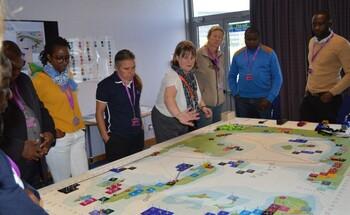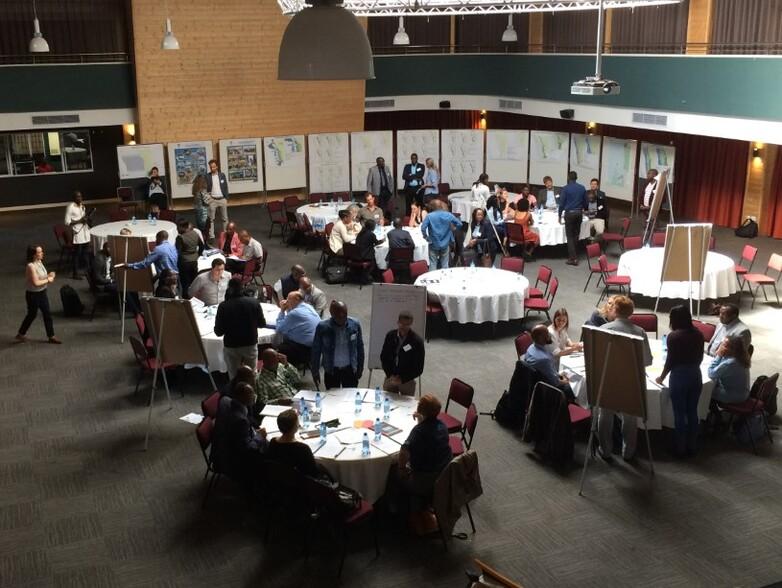Approach
MSP is a decision-making process that governs when and where human activities take place in the Benguela Current. Conservation targets that concern biodiversity are integrated into the planning. MSP thus contributes towards maintaining a healthy ecosystem.
To this end, the project supports measures designed to develop capacities, which are implemented on a national scale by the governments of the three countries and on a regional scale in the context of the Benguela Current Convention. The goal is to provide learning opportunities and to gain experience from the practical implementation of MSP and the description of ecologically or biologically significant marine areas (EBSAs).
The project has drawn up marine spatial plans for each country, based on human activity in the regions. Work on EBSAs enables countries to introduce science-based management of their (transboundary) marine biodiversity.
The project also undertakes further activities to expand specialist knowledge and utilise expertise already available in the region – for instance through knowledge transfer and on-the-job training.
In addition, it implements a communication and awareness-raising strategy aimed at informing the public about the benefits of MSP and EBSAs. Lessons learned are shared in the individual countries, across the region and globally.
Last update: July 2023



